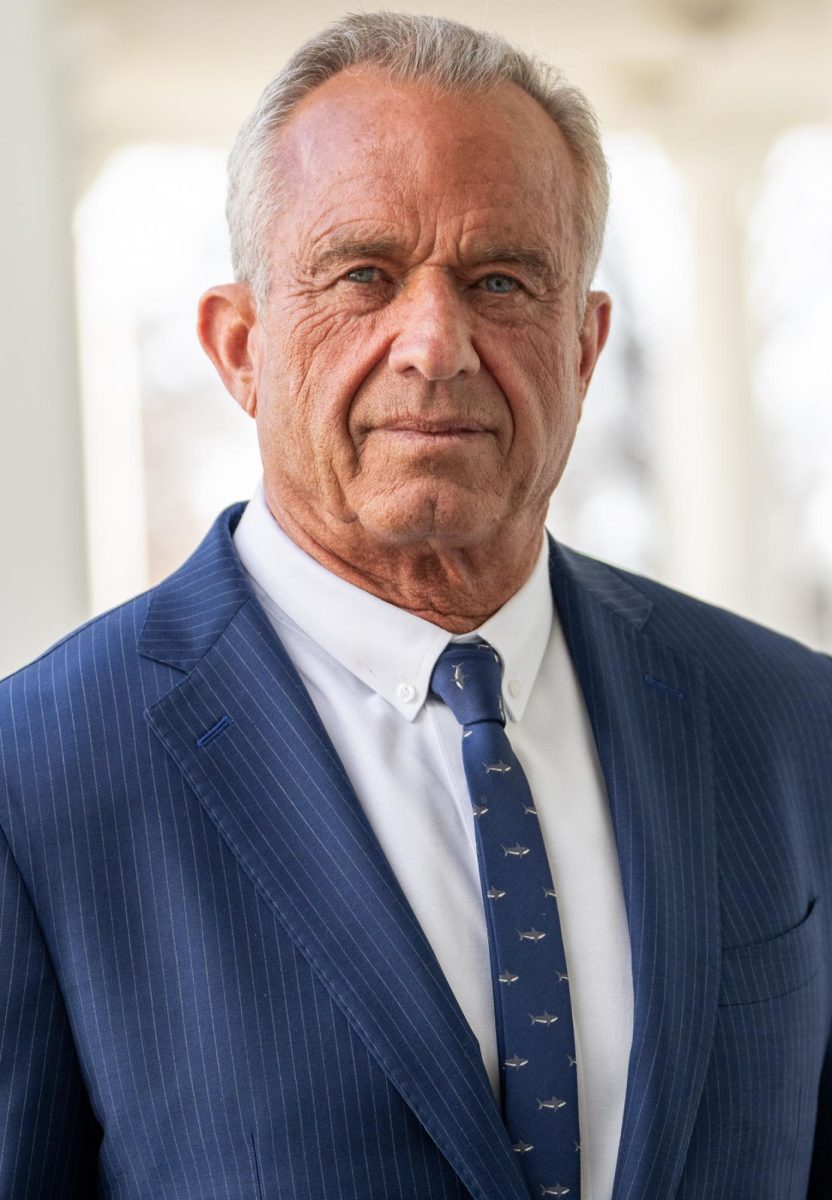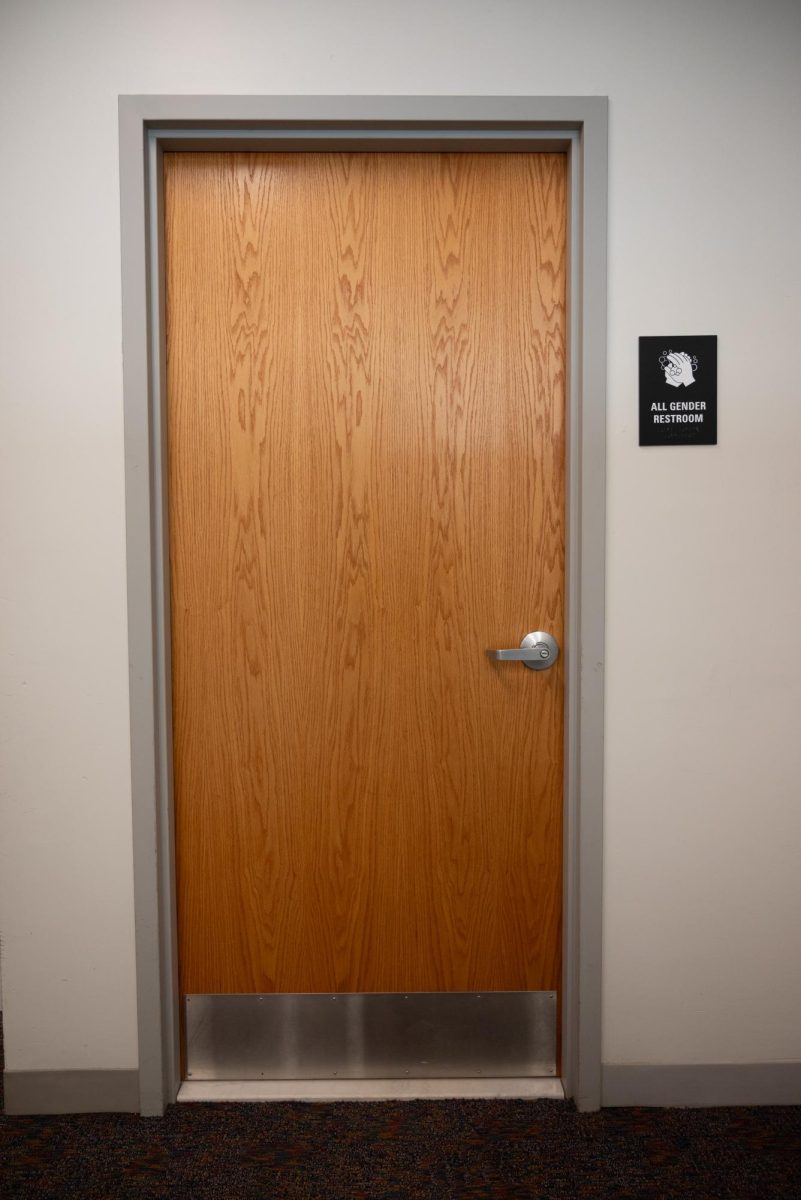“Directions: Read these words, as fast as you can, o recent returnee from co-op. Try to let yourself be distracted several times while reading, so that your concentration is broken and small worries claim some of your attention. Having done these things, you will be as well-informed of recent happenings at Northeastern as those who were here in person to witness these strange events of portentous consequence.” – Rex Schultz
These words prefaced an article published in the Northeastern News in 1970, where Rex Schultz detailed the apathy of the student body regarding on-campus and community affairs. They apply quite fittingly to the current student body at Northeastern University in 2012.
Perhaps best exemplified through the 2010 Residential Life campaign which encouraged us to declare “I AM NORTHEASTERN,” each NU student is a representation of our university and the many distinct and diverse pathways available to its learners. Traditionally the Northeastern pathway includes completing one, if not three, co-op positions – inarguably transformative experiences, yet ones which hinge on a process rooted in competition.
In encouraging us as students to focus our energy on securing competitive co-op positions, and declaring ourselves as Northeastern, the message sent is that we must see ourselves as a world unto ourselves. In this frame of thinking, students must view any issue beyond the self-interest as either unimportant or irrelevant to employment or self-fulfillment. These views are ingrained in the culture at Northeastern, and we see the consequences of an individualistic student body play out with each turn of the co-op cycle.
The recent student government elections revealed hardly one-fifth of the student body to be engaged, yet this fact is quite unsurprising. It’s unfair to expect engagement from a student body when the university structure and culture actively promotes disengagement. Disengagement is a result not just of the individualism necessary for success at NU, but also of the incessant push for us all to become Aoun’s ideal global student. We are applauded and championed for seizing opportunities for international study or work. In doing so, we check out of campus both in presence and in mind. If we have not established roots to the campus and local community, the Northeastern identity is diminished. We lack a groundedness in a community to which we call home, because we are never encouraged to integrate and understand the community our campus inhabits.
Students should raise their voices regarding on-campus issues, like student government elections, workers rights violations or housing sign-in policies. Students should also be active in our local neighborhoods of Roxbury, Fenway, Mission Hill and the South End. However, in order to take action, there must first be understanding and investment. If we want students to care about our campus and our community, our leadership must model that for us.
The administration’s actions have demonstrated that their priorities lie outside student and community welfare. How many administrators know the great work of Peace Through Play, NUTELLS and NU Strong Women, Strong Girls? Could President Aoun name one cafeteria, security or facilities worker? We know very well of his last trip to such-and-such country, but when was his last visit to Sociedad Latina? The modeling from our leadership must not come in the form of empty rhetoric, but in a shift of priorities. There must be a realization of values, not the touting of lofty goals with no path to the finish line or honest effort to reach it.
Student apathy at Northeastern regarding on-campus and local community issues is a symptom of a larger problem and a system which must see change. The recent wave of student activism is the canary in the coal mine, warning us of the dangers of a university disconnected from its students and local community. Student leaders, faculty allies, courageous staff and community members must challenge the university and its culturespacemakers. Northeastern must be challenged for allowing the urban university to disconnect itself from the neighborhoods which sacrifice for its existence.
Until then, we can all do a little more.
Students, think critically. Step outside of your comfort zone. Chat with the folks who serve you food or complete that work request. Learn about the history of Roxbury. Fight for something outside of your own self interest.
Northeastern, help us out. Provide scholarships for students taking unpaid co-op positions in domestic community groups and nonprofits. Have “Intro to College” include “Intro to the Stonybrook Communities” and “Intro to Privilege.” Treat our workers like you would treat your family. Ask community members for feedback and listen to what they have to say.
After all, we can only be good neighbors if you are, too.
– Frank Marino is a junior international affairs and human services major.









